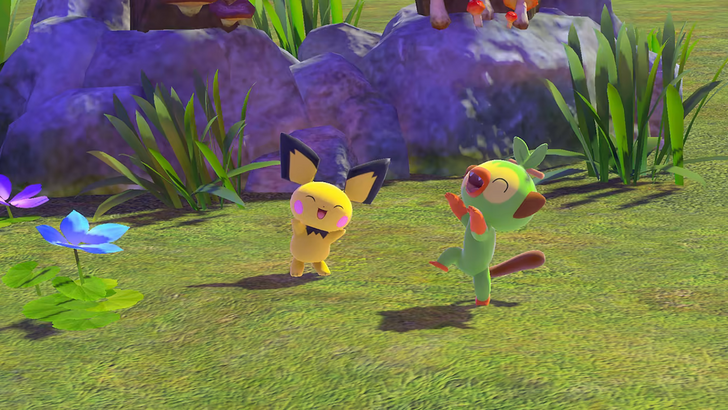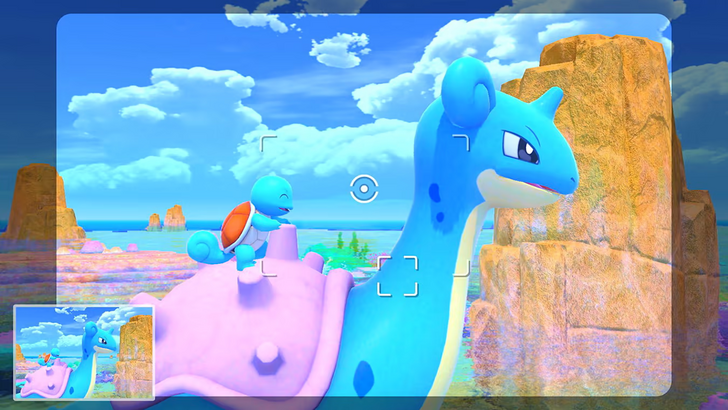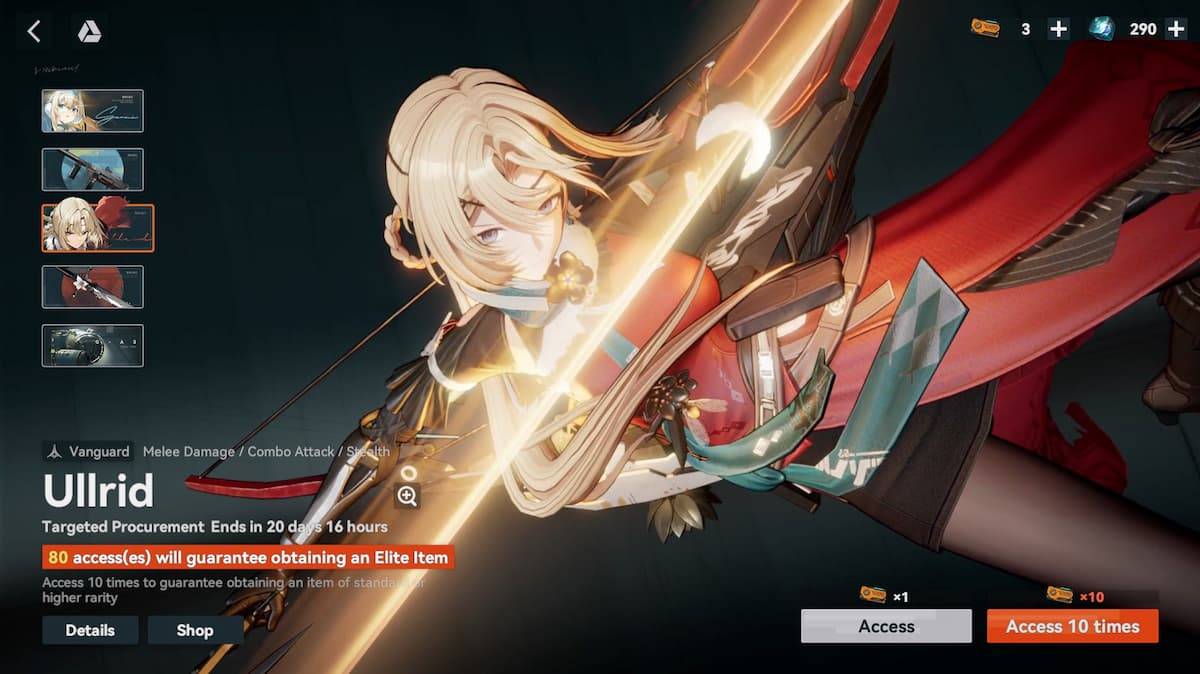Pokemon's Debut in China: New 'Snap' Launches
China Welcomes Pokémon: New Pokemon Snap Marks Historic Debut
 Nintendo's New Pokémon Snap launch in China signifies a monumental step for the franchise. This marks the first official Pokémon game release in the country, overcoming years of console restrictions. Let's explore the significance of this event and what it means for the future.
Nintendo's New Pokémon Snap launch in China signifies a monumental step for the franchise. This marks the first official Pokémon game release in the country, overcoming years of console restrictions. Let's explore the significance of this event and what it means for the future.
A New Era for Pokémon in China
 The July 16th release of New Pokémon Snap, initially launched globally on April 30th, 2021, breaks new ground. It's the first officially released Pokémon game in China since the country's video game console ban, imposed in 2000 and lifted in 2015, due to concerns about negative impacts on children's development. This launch signifies a major breakthrough for Nintendo and Pokémon fans in China, finally bringing the beloved franchise to the Chinese market.
The July 16th release of New Pokémon Snap, initially launched globally on April 30th, 2021, breaks new ground. It's the first officially released Pokémon game in China since the country's video game console ban, imposed in 2000 and lifted in 2015, due to concerns about negative impacts on children's development. This launch signifies a major breakthrough for Nintendo and Pokémon fans in China, finally bringing the beloved franchise to the Chinese market.
Nintendo's strategic partnership with Tencent in 2019, bringing the Nintendo Switch to China, paved the way for this release. New Pokémon Snap's arrival represents a significant milestone in Nintendo's strategy to penetrate one of the world's largest and most lucrative gaming markets. This move is part of Nintendo's expanding presence in China, with more high-profile game releases planned.
Future Nintendo Titles in China
 Following the success of New Pokémon Snap, Nintendo has announced several additional titles for the Chinese market, including:
Following the success of New Pokémon Snap, Nintendo has announced several additional titles for the Chinese market, including:
- Super Mario 3D World + Bowser’s Fury
- Pokémon Let’s Go Eevee and Pikachu
- The Legend of Zelda: Breath of the Wild
- Immortals Fenyx Rising
- Above Qimen
- Samurai Shodown
This diverse lineup demonstrates Nintendo's commitment to establishing a strong gaming presence in China, leveraging its popular franchises and new releases to capture a larger market share.
Pokémon's Unofficial Chinese History
 The surprise surrounding the long-standing console ban in China highlights the unique history of Pokémon in the region. Despite the ban, a dedicated fanbase thrived, accessing games through unofficial channels like overseas purchases and counterfeit versions. Smuggling attempts, such as a recent incident involving 350 Nintendo Switch games, further underscore this demand.
The surprise surrounding the long-standing console ban in China highlights the unique history of Pokémon in the region. Despite the ban, a dedicated fanbase thrived, accessing games through unofficial channels like overseas purchases and counterfeit versions. Smuggling attempts, such as a recent incident involving 350 Nintendo Switch games, further underscore this demand.
The iQue Player, a collaboration between Nintendo and iQue in the early 2000s, attempted to address rampant piracy. This compact Nintendo 64 variant aimed to provide a legitimate alternative, showcasing the challenges of navigating the Chinese market.
 The remarkable global success of Pokémon, even without official access to the Chinese market, is a testament to its appeal. Nintendo's recent actions mark a significant strategic shift, finally bridging the gap between international success and the previously untapped Chinese market.
The remarkable global success of Pokémon, even without official access to the Chinese market, is a testament to its appeal. Nintendo's recent actions mark a significant strategic shift, finally bridging the gap between international success and the previously untapped Chinese market.
The gradual introduction of Pokémon and other Nintendo titles into China represents a pivotal moment. Nintendo's continued efforts in this complex market, coupled with enthusiastic fan reception, suggest a bright future for gaming in China and beyond.
Latest Articles












![Roblox Forsaken Characters Tier List [UPDATED] (2025)](https://images.dyk8.com/uploads/18/17380116246797f3e8a8a39.jpg)


















